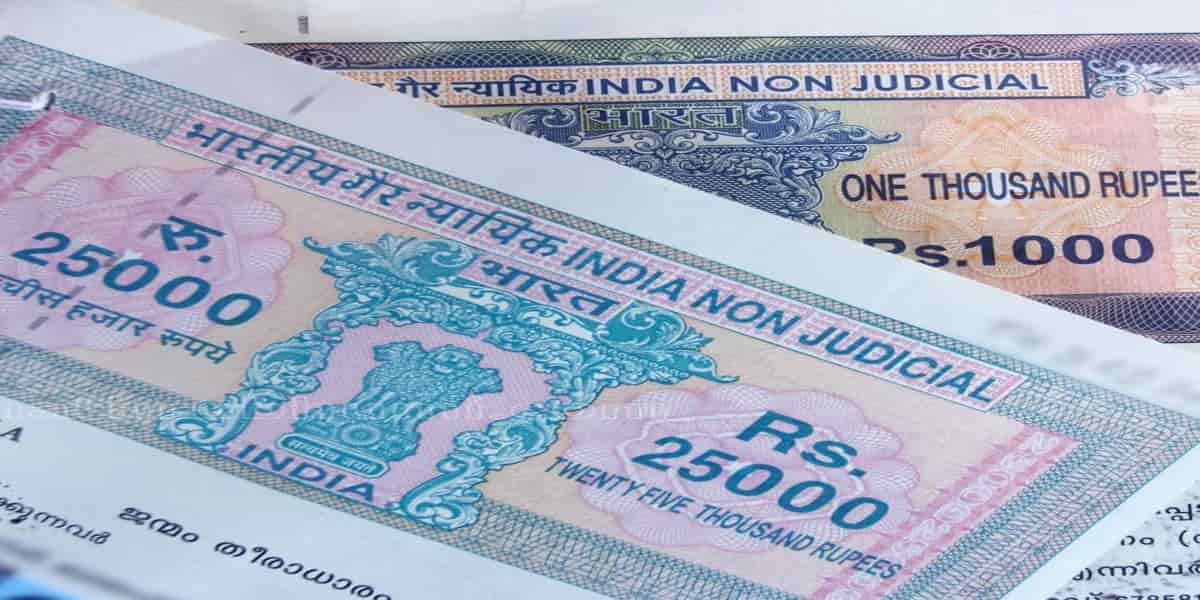Stamp Duty in India
Doodlebrary
- Stamp duty in India is a state-level tax imposed on various types of transactions involving the transfer of property, assets, or rights.
- It is regulated by individual state governments, and the rates and rules can vary from one state to another.
- Property Transactions: The most common application of stamp duty in India is in property transactions. When you buy, sell, or transfer ownership of immovable property (such as land, buildings, or apartments), you are required to pay stamp duty. The amount of stamp duty is calculated as a percentage of the property’s transaction value or the government’s guidance value, whichever is higher.
- Stamp Duty on Agreements: Stamp duty is also applicable to various legal documents and agreements, including sale deeds, lease deeds, gift deeds, mortgage deeds, and powers of attorney. The amount of stamp duty on these documents depends on the state-specific rates and the nature of the transaction.
- Stamp Duty on Share Certificates: Some states in India levy stamp duty on the transfer of shares in a company. This duty is payable when shares are transferred through a share certificate.
- Stamp Duty on Insurance Policies: Insurance policies, such as life insurance and general insurance, may also attract stamp duty when they are issued.
- Stamp Duty on Loan Agreements: Loan agreements, including mortgage deeds, are subject to stamp duty in some states. The duty is generally paid by the borrower.
- Stamp Duty on Gift Deeds and Wills: Transfers of property through gift deeds and wills may also be subject to stamp duty, depending on state laws.
- E-Stamping: Many states in India have adopted e-stamping, a system where stamp duty is paid electronically through authorized banks or online portals. E-stamping aims to reduce fraud and make stamp duty payments more convenient.
- Stamp Duty Valuation: In property transactions, the government often prescribes a guideline or circle rate for properties in various areas. The stamp duty payable is usually based on this guideline rate or the actual transaction value, whichever is higher.
- Regulations and exemptions can vary significantly from state to state. Therefore, it is crucial to consult the specific stamp duty rules and rates applicable in the state where the transaction is taking place.
- Failing to pay the correct stamp duty can lead to legal issues and penalties.
- Stamp duty is a significant source of revenue for state governments and plays a crucial role in property transactions and other legal agreements in India.
